Boar Film’s Director Retrospective: Mike Nichols
When I was 14, I had a cinematic encounter that would affect not only the entirety of my relationship with film, but with fiction as a whole. As a young gay man, naturally I was utterly in love with Natalie Portman and Meryl Streep, leading to the viewing of Angels in America and Closer in quick succession. These were the first two films I can ever remember watching, showing me that storytelling doesn’t exist merely as spectacle, but as an artistic expression that could say something valuable about the world. Who were these people and why were they talking so strangely? It took a moment for me to realise that what was throwing me was the fact that they were talking like real individuals instead of delivering trite cliché dialogue. I’d just had my first encounters with the films of Mike Nichols, and they had changed the way I saw the world.
What is it that constitutes a Mike Nichols film? The question isn’t a stupid one. After all, with the likes of Scorsese or Tarantino, there is a continual sense of tonal commonality running through their respective oeuvres (okay, so maybe good old Marty will occasionally throw us a stylistic curveball a la Hugo, but you catch my drift); you know the ground you’re treading on as soon as you hear their names. The same cannot be said of Nichols. His work utterly eludes any attempt to pin him down to a specific classification of genre, let alone style, a quality which, in the hands of a lesser director could be indicative of a lack of identity. Mike Nichols however, takes the notion of cinematic chameleon and elevates it to art form.
Want to watch The Devil Wears Prada reformulated for the 80s? You’ve got Working Girl. A political drama with John Travolta running for President? Just stick on Primary Colours. Meryl Streep and Shirley MacLaine as mother and daughter in an adaptation of Carrie Fisher’s semi-autobiographical novel? Postcards From The Edge is available, and yes, all of those elements which are iconic on their own add up to make a marvellous whole. Nichols never wrote any of his films (apart from a collaboration with Emma Thompson on the screenplay for Wit), but I don’t intend that as any form of detraction from the quality of his work. He was the master of taking scripts that were always entirely different, drawing maximum potential from the material, and delivering with conviction, candour, and an emphasis upon capturing emotional human experience.
His films are not big budget affairs; they’re explorations of humanity, ones in which he continually draws out note-perfect performances from his cast.
Indeed, I think that the most powerful element in his films is their theatrical emphasis upon performance. I don’t use theatrical to refer to any sense of exaggerated exuberance (although this is the same man who filmed Emma Thompson playing an angel having sex in mid air with a gay man) but to an appreciation and recognition of how powerful it can be to see two actors at their peak simply communicating with one another, stripped of elaborate sets and effects. After all, this is the man who had his first Academy Award nomination for directing Who’s Afraid of Virginia Woolf, a film that mostly takes place in one room and consists of four actors talking (props have to be given to Nichols here; you’re automatically being thrown in at the deep end if your first film involves having to direct Elizabeth Taylor and Richard Burton on an enclosed set).
His films are not big budget affairs; they’re explorations of humanity, ones in which he continually draws out note-perfect performances from his cast. One might assume this stemmed from his own background in performance, working as a satirical comic in the 50s and 60s alongside his stage partner Elaine May, and often his films do feel like a stage repertory company of actors, with the same collaborators frequently recurring—Meryl Streep, Jack Nicholson, Julia Roberts, Harrison Ford, and Emma Thompson to name but a few. He was entirely an actor’s director, a man who created the space for performers to thrive and clearly cared about them a great deal; Whoopi Goldberg credits him for kick starting her career after viewing her one-woman show and taking it to Broadway, where she’d later be seen by Steven Spielberg and cast in The Colour Purple. Her emotional reaction to his death in 2014, and those of the rest of his peers in the industry, speak volumes to the level of respect and influence he held in the cinematic community.
The films bear the mark of a man who had truly lived and arrived at an understanding of our nature as individuals, and as such, they remain some of the most moving statements on the human condition I’ve seen to date
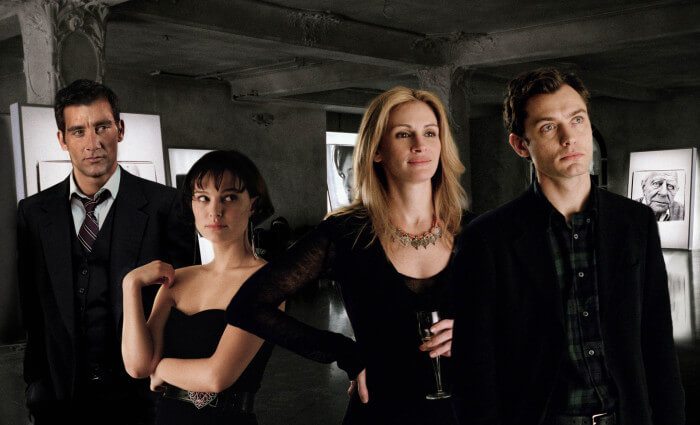
Closer starring (left to right) Clive Owen, Natalie Portman, Julia Roberts and Jude Law. Image: Columbia Pictures
Which of his films is the greatest? If we’re judging solely by Oscars and reputation, then surely The Graduate has to hit the top spot; but since when were the Oscars an entirely reliable barometer of quality? The Graduate is a classic of cinema, but I find that the peak of Nichols filmography occurs towards the end of his career. The run of Wit/Angels in America/Closer, all adaptations of hugely successful plays, is perfection to me, a disparate trilogy of sorts in their continuous questioning of life and human relationships. The films bear the mark of a man who had truly lived and arrived at an understanding of our nature as individuals, and as such, they remain some of the most moving statements on the human condition I’ve seen to date. If you haven’t seen them, rent them immediately. But why stop there? Take the time to go back through his entire filmography and get ready to laugh, cry, and be blown away by some phenomenal performances.
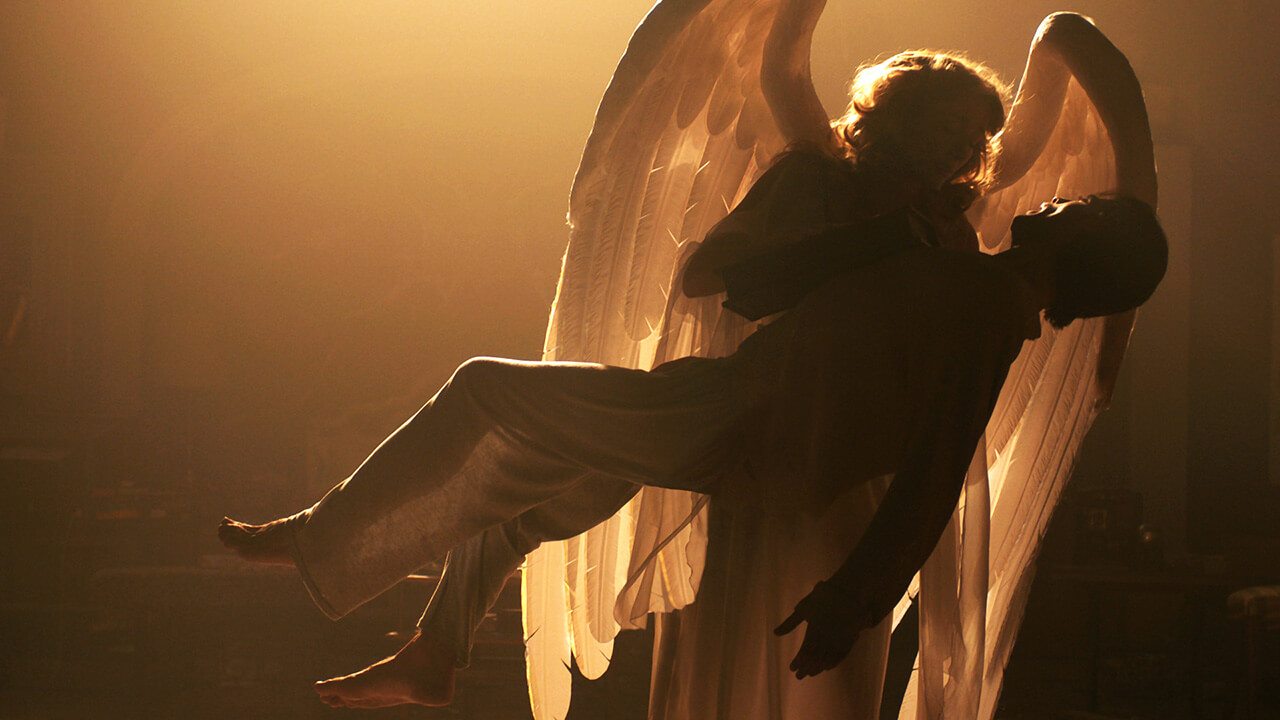
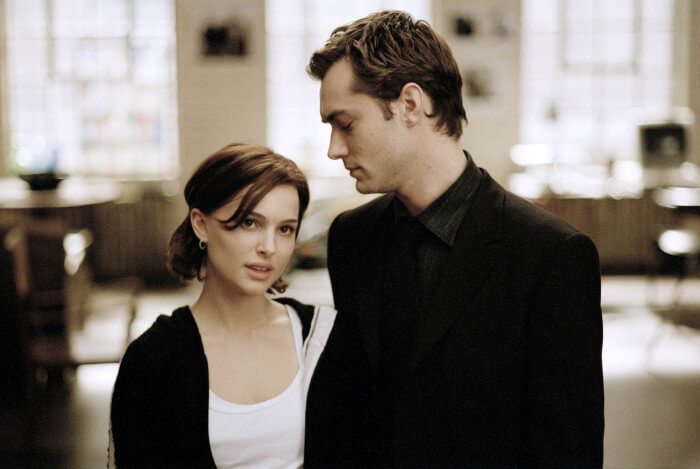
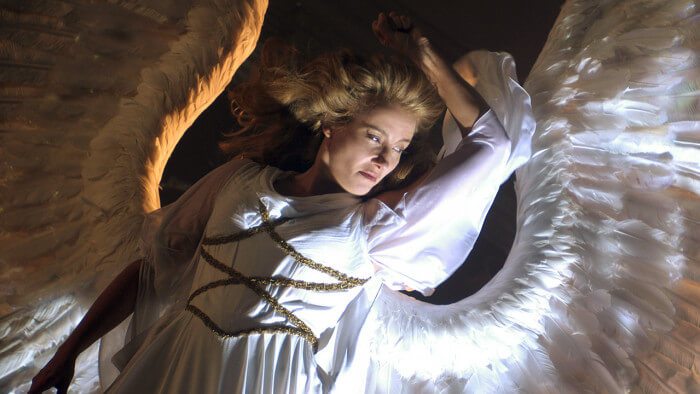
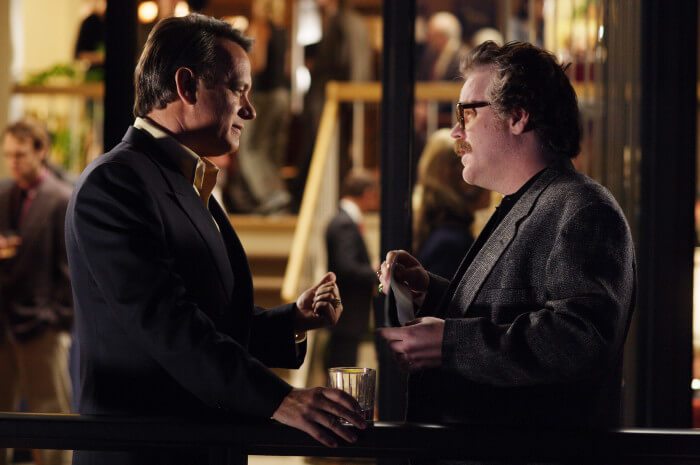
Comments